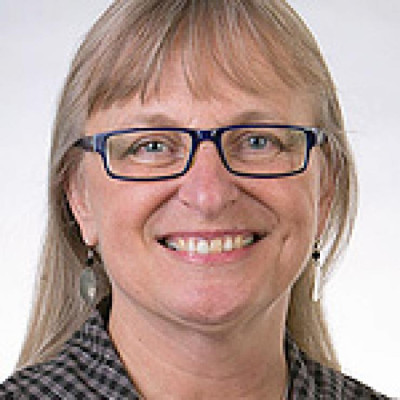All levels Fluency and Speed Workshop
Empowering Learners: Building fluency in the classroom to support ER and EL
A common understanding of the term 'fluency' is the ability to use speak a language you have been given or chosen to learn without thinking about it, to do just what needs to be done with language in any situation. For most people, this means accurate and appropriate use of language, which whether they realize it or not, includes many aspects of linguistic knowledge: syntax, morphology, phonology, phonetics, semantics, and socio-pragmatics. Fluency, however, is just one component of the construct of language proficiency, which also includes complexity, accuracy, and lexis (Skehan, 1998). More precisely, fluency is the component of proficiency which reflects the learners' ability to spontaneously access implicit knowledge to express their ideas and exchange information quickly and continuously (Lennon, 1990; Olkonnen & Mutta, 2020; Segalowitz, 2003, 2010; Skehan, 2009). Nation (2000) claims that fluency building activity should make up 25% of a balanced language curriculum since no matter what you know, you should be able to produce it fluently. Unlike accuracy, complexity, and lexis, however, fluency has been largely ignored as a focus of classroom-based language learning, of language teacher training, of published instructional materials, and of curricular design. In this workshop, after a brief review of the research-based rationale for including fluency development activity in the ESL curriculum, participants will engage in a variety of fluency-building activities for reading and listening that will support ER, EL, and language learning, in general. Principles for choosing and designing tasks for fluency development will be used to evaluate the activities as well as help participants design practical ways in which they can include fluency development activity in their current course or curricula.
-

Doreen Ewert is Professor Emerita in the Department of Rhetoric & Language at the University of San Francisco. Her areas of research include SL/FL literacy development and assessment, vocabulary development, Extensive Reading, and fluency development.
I will upload the workshop handout as soon as I get back to the US.